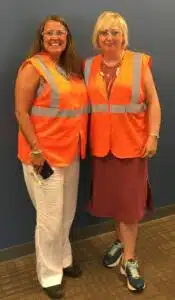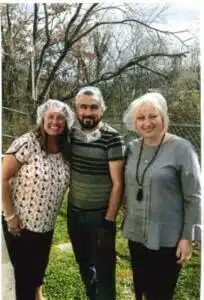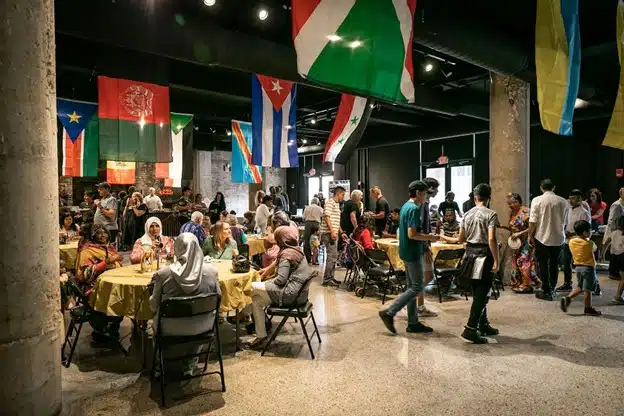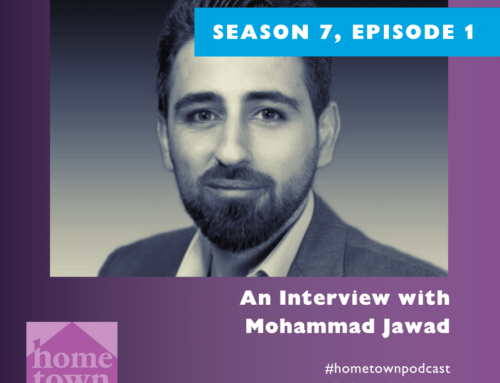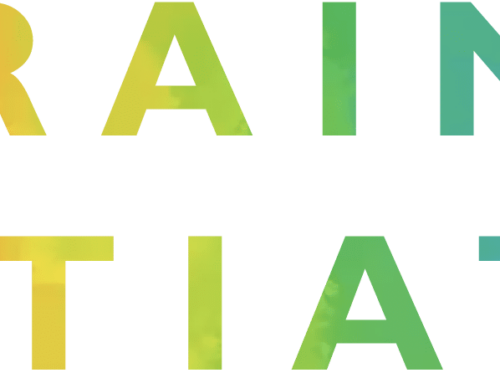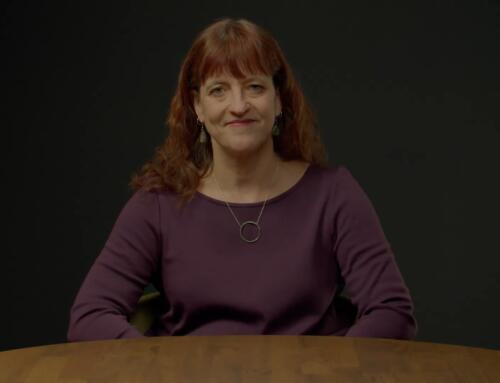Finding suitable employment is a pressing concern for newcomers to the U.S. Given their desire to achieve self-sufficiency and the fact that federal assistance is only available for a limited time, resettlement staff are also eager to help clients identify and transition to paid employment. Yet since finding work is only one part of the complex process of refugee resettlement, it requires a sustained team effort.
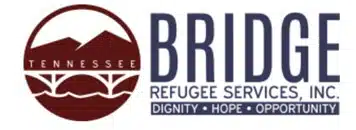
Peshterianu, the Associate Director of Bridge Refugee Services, brings both empathy and skill to this task. An immigrant from Ukraine, she came to the U.S. and settled in Chattanooga in 1993. She soon realized that her language skills (in both Ukrainian and Russian) and experience of adapting to the U.S. could be helpful to other newcomers, especially those coming to the U.S. through the Lautenberg program for religious minorities from the former Soviet Union. In 1999, she began working for Bridge Refugee Services-Chattanooga as coordinator for the Matching Grant (MG) program. Funded by the Office of Refugee Resettlement, the program helps newcomers while they look for work.
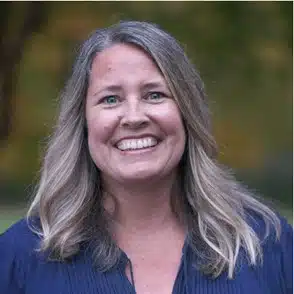
The fact that Chattanooga is a relatively small community and that both Peshterianu and Croxall have been involved in these efforts for many years is relevant to their strategy. As Peshterianu explained, “People involved in job development should always be out in the community, always looking for new opportunities to make connections. Wherever we are, we make a point of getting managers’ names and contact info, and we follow up with them.”
To get to know prospective employers, Peshterianu and Croxall try to visit every potential workplace in person. This enables them to understand the work that is done and the expectations for specific positions. Since Bridge staff have been intentionally working with employers in and around Chattanooga for over 20 years, Peshterianu says they have good relationships and are allowed to visit workplaces “about 90% of the time.” If access to production areas is restricted, they can often visit other parts of the workplace, like break areas or cafeterias, and speak with current employees. They gladly don safety vests and hairnets to visit local workplaces where their clients, such as Ali (shown right), are or may be interested in working.
As they get to know potential employers, Peshterianu and Croxall can also observe relevant aspects of the work environment for prospective employees, such as ease of transportation, workplace conditions and culture. These visits help Bridge staff imagine what might be challenging or work well for specific clients, given their background, skills and circumstances. They can then help clients understand the kinds of choices they may be making – to pursue or accept a position in one place, and not another.
Although language gaps and unfamiliar credentials may limit the positions that newcomers can get initially, they need not be consigned to entry-level positions forever. Bridge staff are particularly alert to opportunities that teach or build skills that can lead to better positions over time.
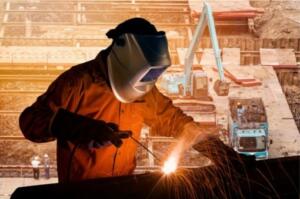
Finding employers who are willing to recognize newcomers’ potential for growth is also crucial. Peshterianu notes, for example, that if an employer is willing to grant employees the flexibility to take ESL classes during the day or put them in a position where they interact with native English speakers, that is a good sign.

Once a company has begun to employ any of their clients, Bridge staff continue to invest in that relationship, by stopping by workplaces for short visits, inviting employers to attend Quarterly Community Consultations and to participate in special events, such as “World Refugee Day.” In these ways, employers also learn more about the lives of newcomers and the larger process of their integration into the community.
The World Refugee Day celebration hosted by Bridge draws people from across the community.
Another part of their strategy for building long-term relationships in the community is giving business to companies who employ Bridge clients: “If we are going to order food for a staff lunch or another event,” points out Peshterianu, “We always order from the companies where our clients work. In the same way, there’s a local company that makes parts for Volkswagen vehicles. They have hired many of our clients over the years. So now, I only drive Volkswagen!”
While Bridge staff work to cultivate these relationships with local employers, the skills and commitment that their clients bring to the workplace are also decisive. For they are the ones who ultimately decide which job to take, and who work to learn new skills and build their own relationships in the workplace. However, working with resettlement staff who have relationships with prospective employers and deep knowledge of local opportunities and conditions provides newcomers with a real advantage: it enables them to better understand their range of options, so they can make a choice that works well for them and their families, as they pursue their own longer-term goals. And this is what makes this strategy a true “win-win” for everyone.




